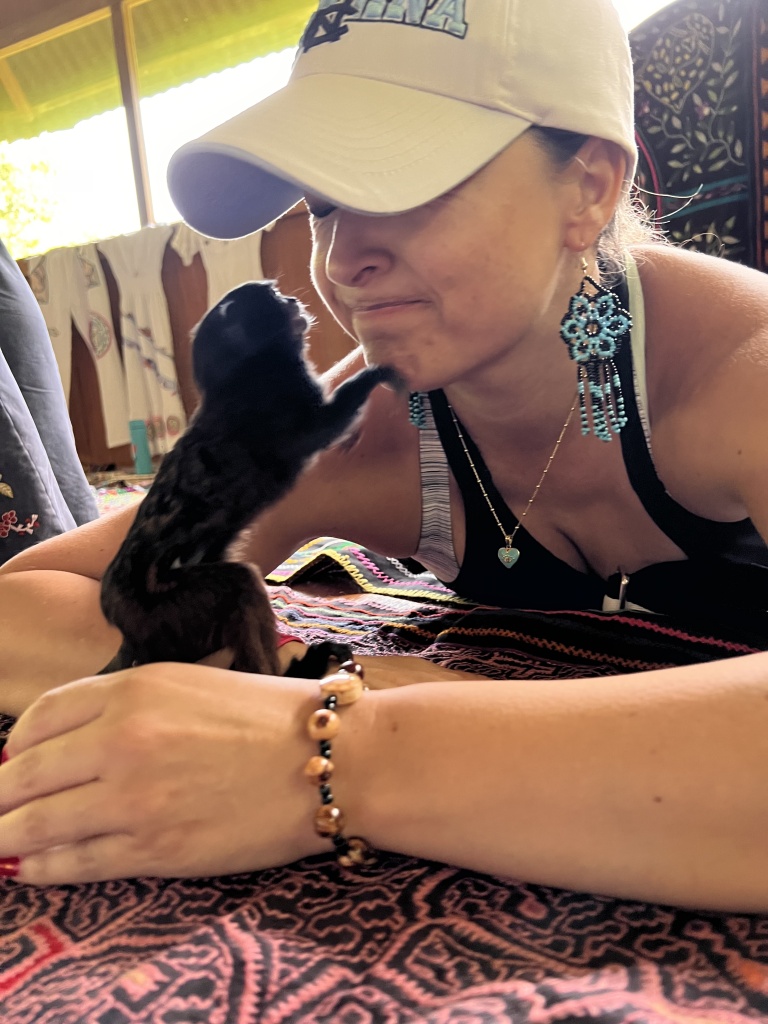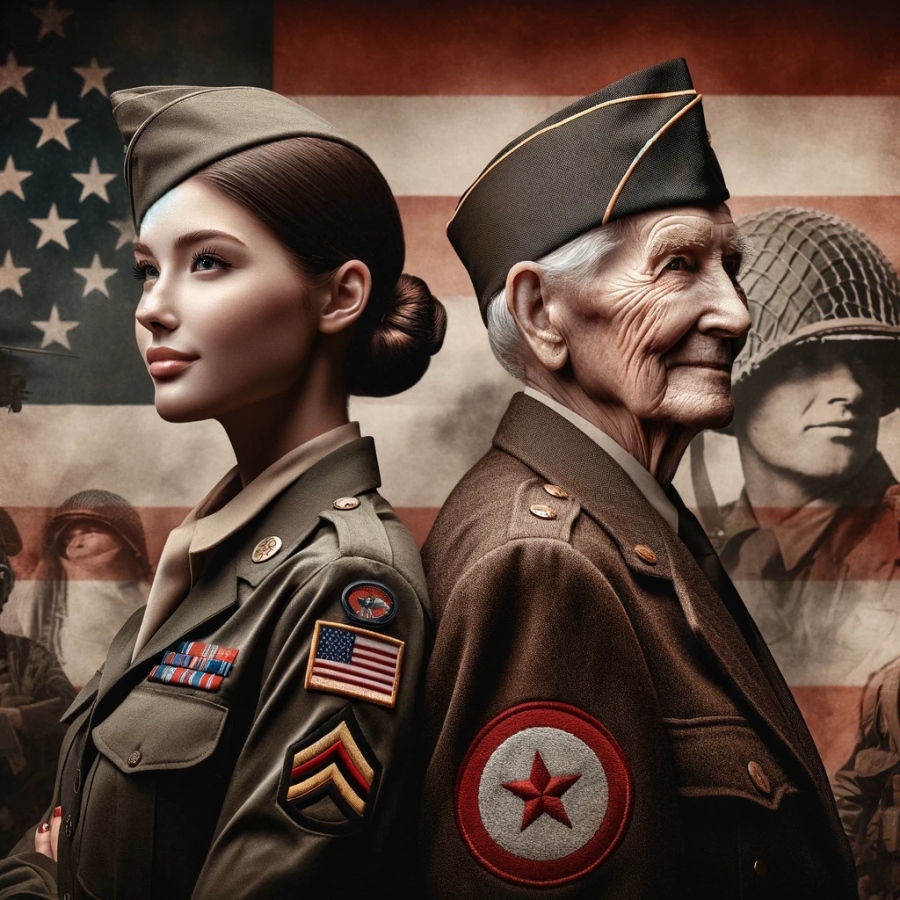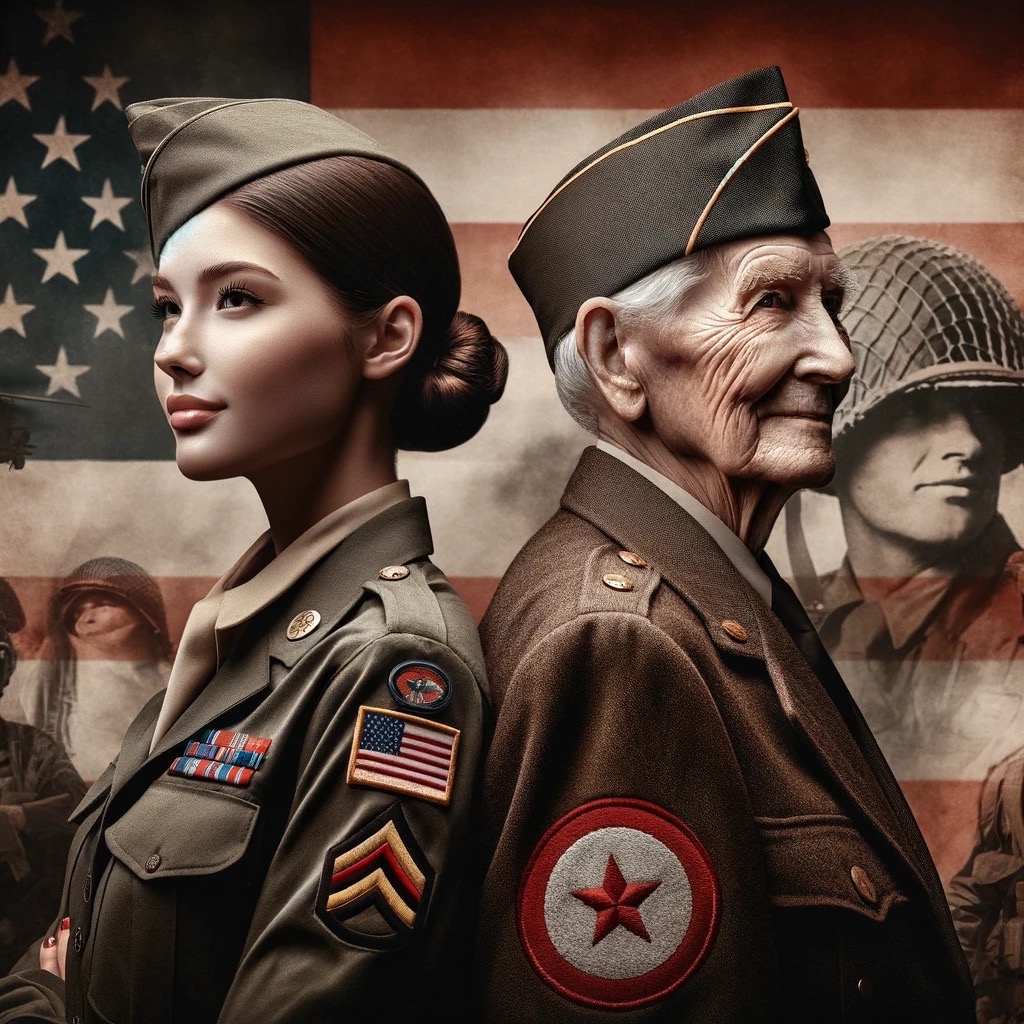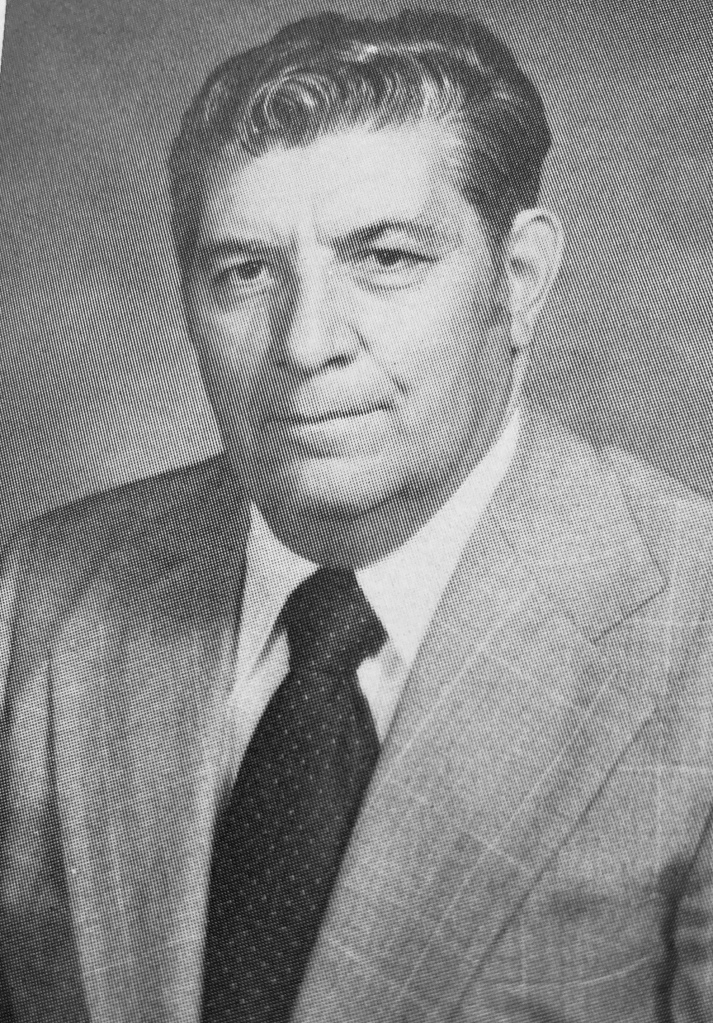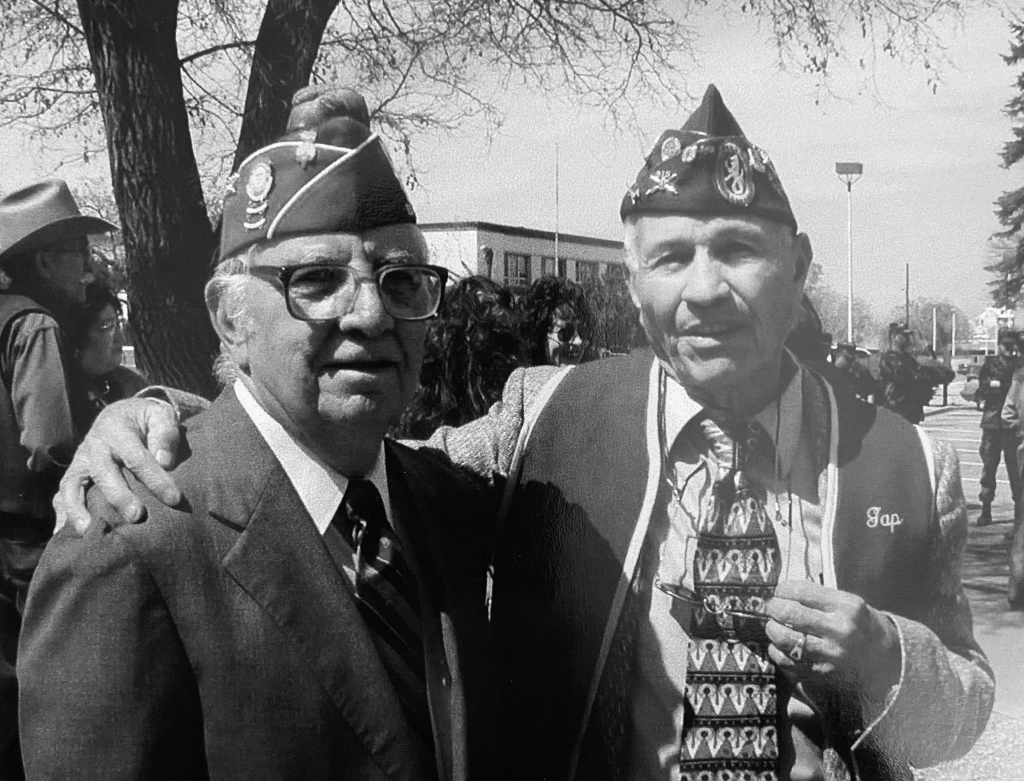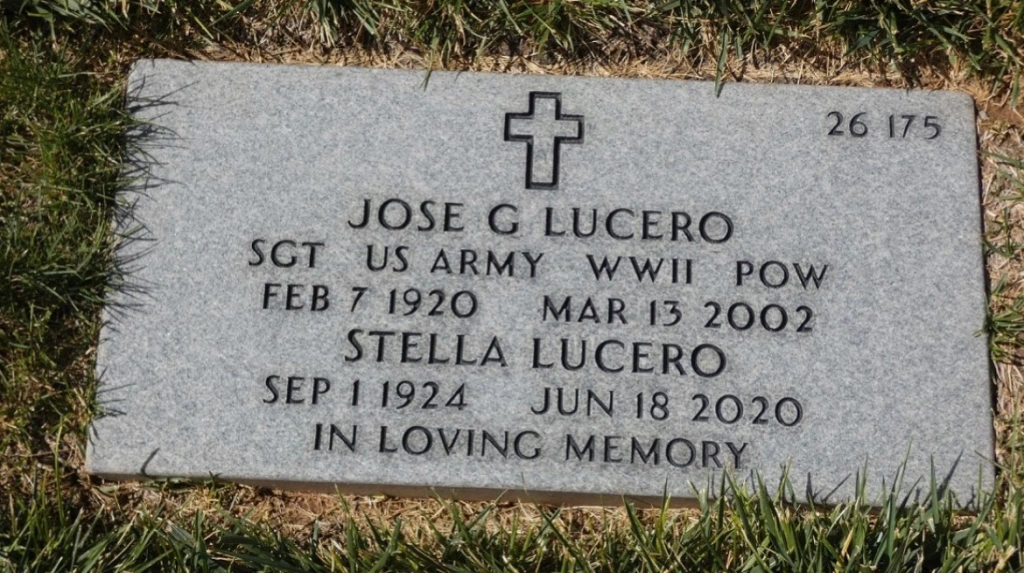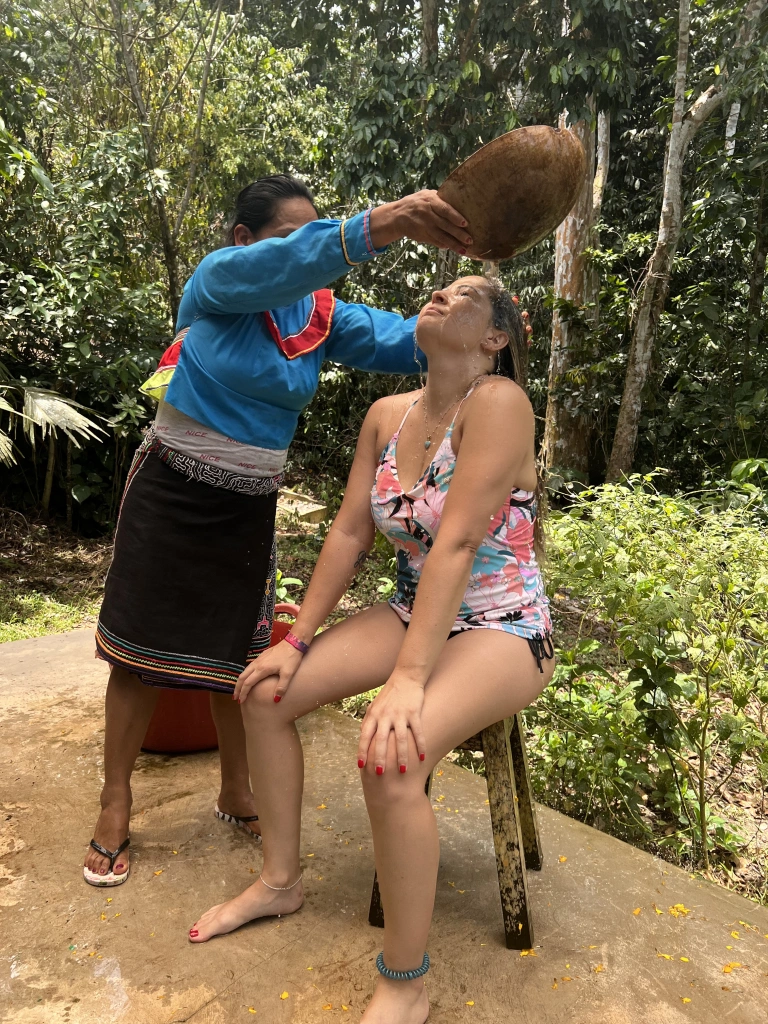
Embarking on the journey of Ayahuasca integration has been an intense rollercoaster of emotions. It’s been heavy, overwhelming at times, but amidst the storm, I find clarity in my purpose and for whom I’m undertaking this profound inner work.

With each encounter with Mother Ayahuasca, I’ve been granted glimpses into the various chapters of my life. From the earliest memories, I’ve navigated a path of survival, carrying the weight of generational trauma that precedes me. It’s a burden not of my making, but one I’ve inherited.
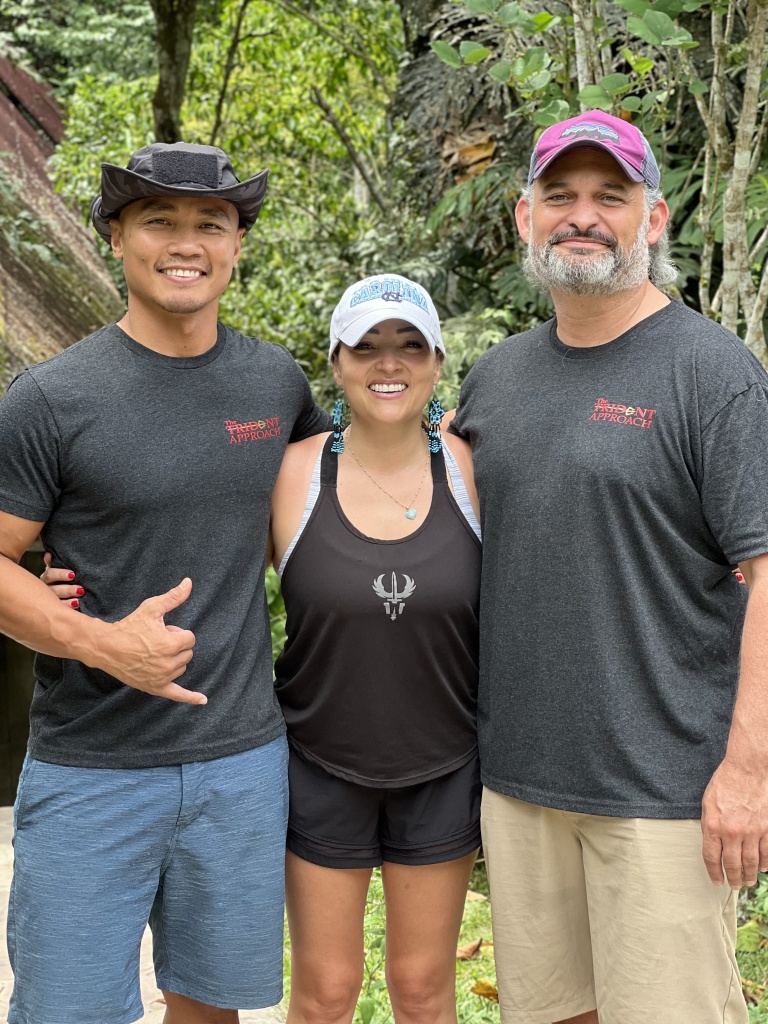
Through the Ayahuasca experience, I’ve been given space to grieve, to release the pent-up pain that has long lingered within. Though the process is often excruciating, I find solace in the knowledge that I’m no longer shackled by it. The purging continues, but with each release, I edge closer to the liberation of breath.
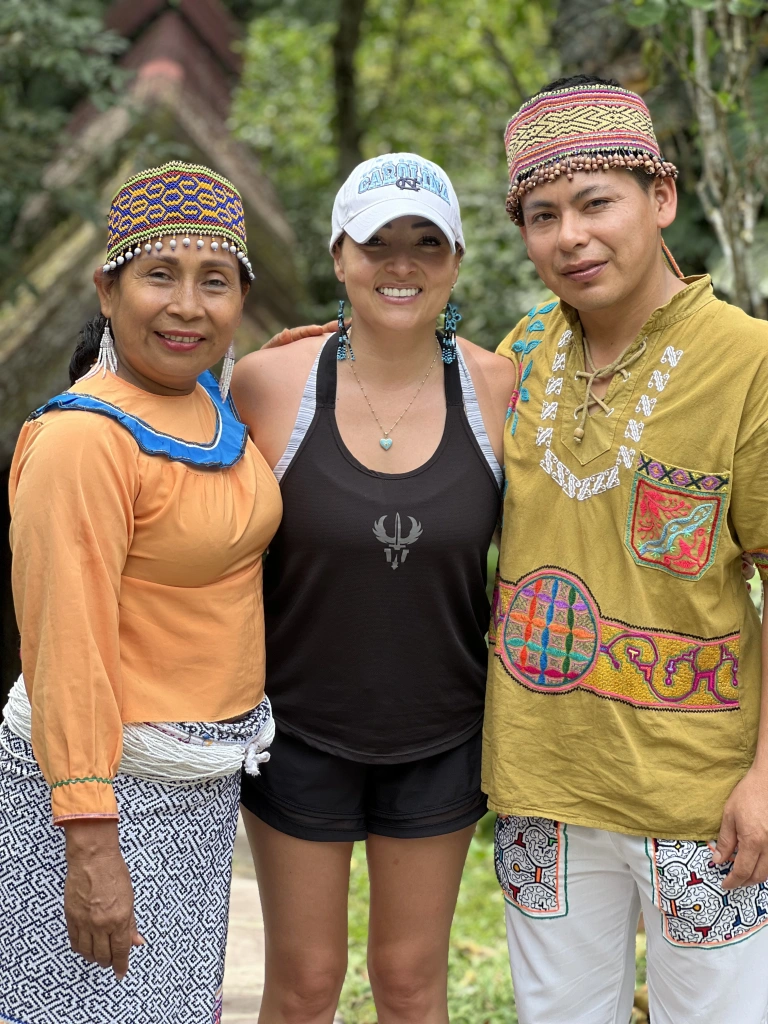
To my daughters, you are my everlasting pride and joy. Witnessing your evolution into strong, intelligent young women has been the greatest gift of my life. I embrace the lessons you teach me daily, reveling in the moments when your wisdom surpasses my own. Know that my love for you transcends boundaries, as I recognize fragments of myself mirrored in your beautiful souls.
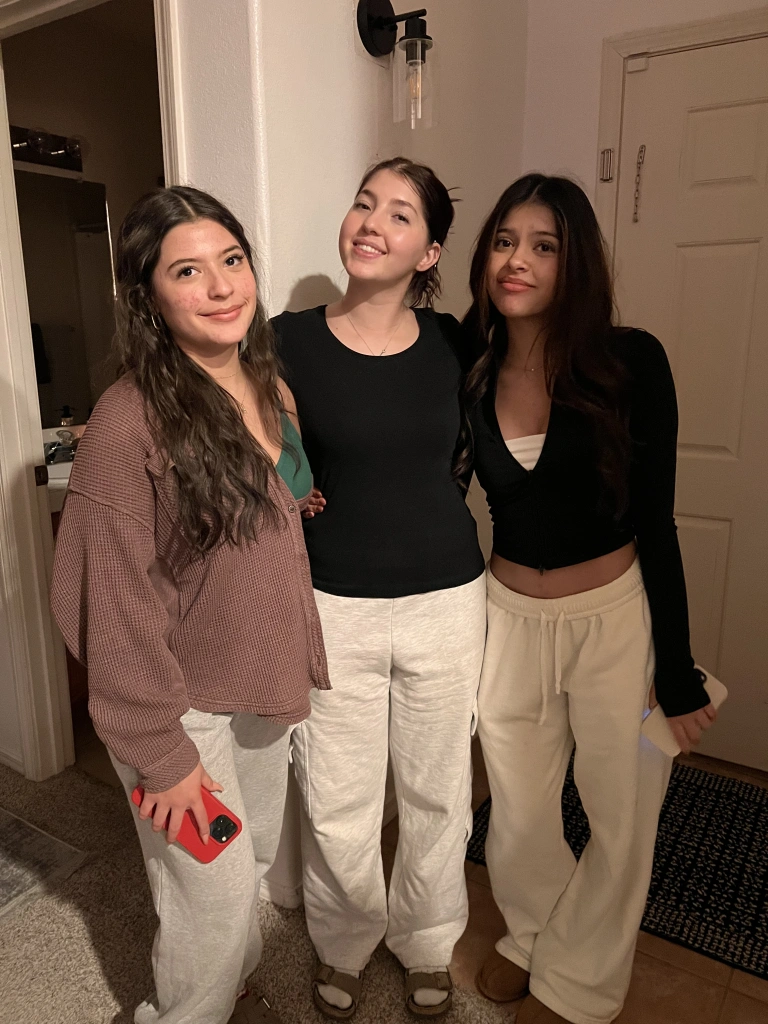
During my encounters with the trees of Peru, I saw your faces, a emotional reminder of the impact of my journey on your lives. It’s a reminder that drives my commitment to healing, to break the cycle of pain and impart upon you the importance of self-care, no matter the depth of the struggle. Your unwavering support through this stormy healing journey means more than words can express. And yes, I promise to cover the cost of your therapy, ensuring it’s nothing short of rejuvenating.
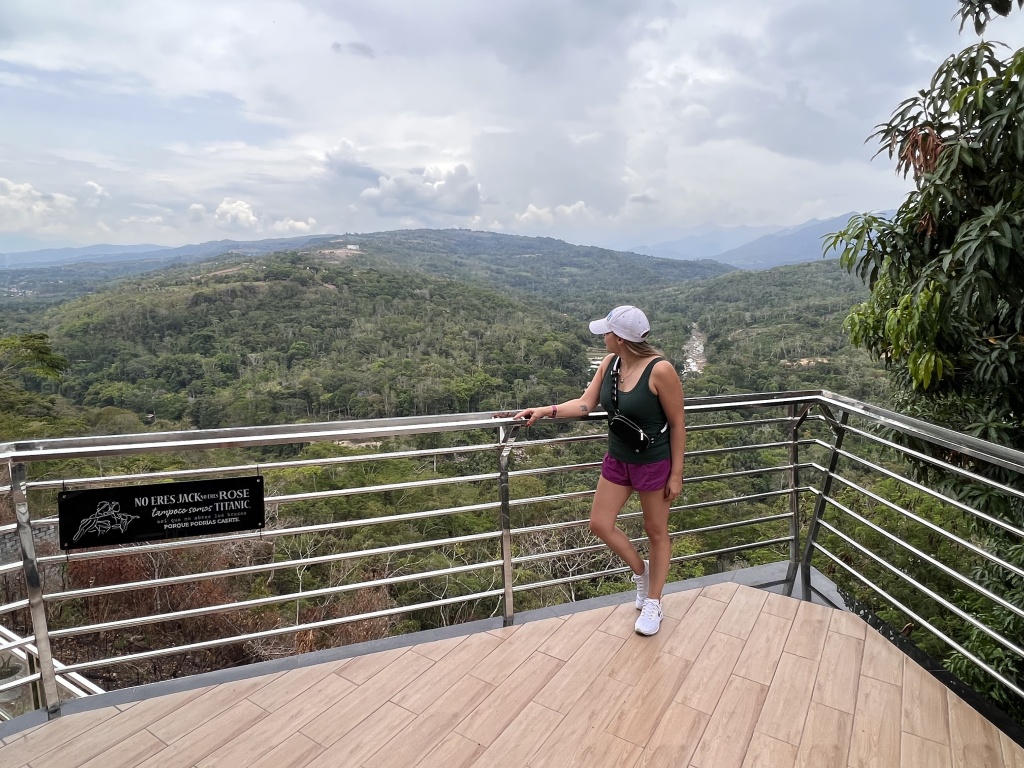
Mother Ayahuasca’s guidance has been crystal clear: stand firm in advocating for myself and my beliefs without apology. This clarity fuels my commitment to purposeful advocacy, particularly for my fellow Veterans.
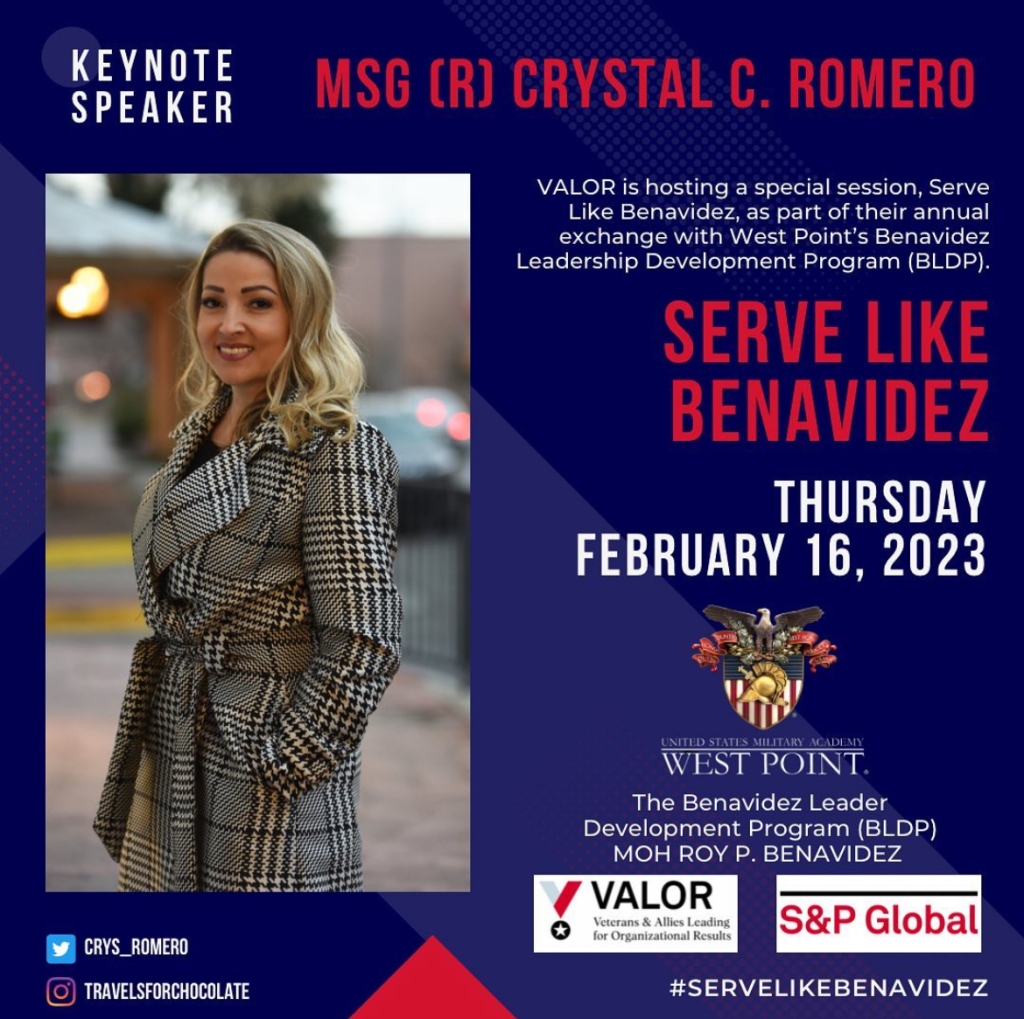
A heartfelt thank you extends to Heroic Hearts Project for providing not one but two trips to Peru so that I can learn how to love myself again. Armed with understanding, I’ve been empowered to contribute to initiatives like the US Military Academy West Point Benavidez Leadership Development Program, shedding light on the impact of post-traumatic stress and moral injury within the veteran community.
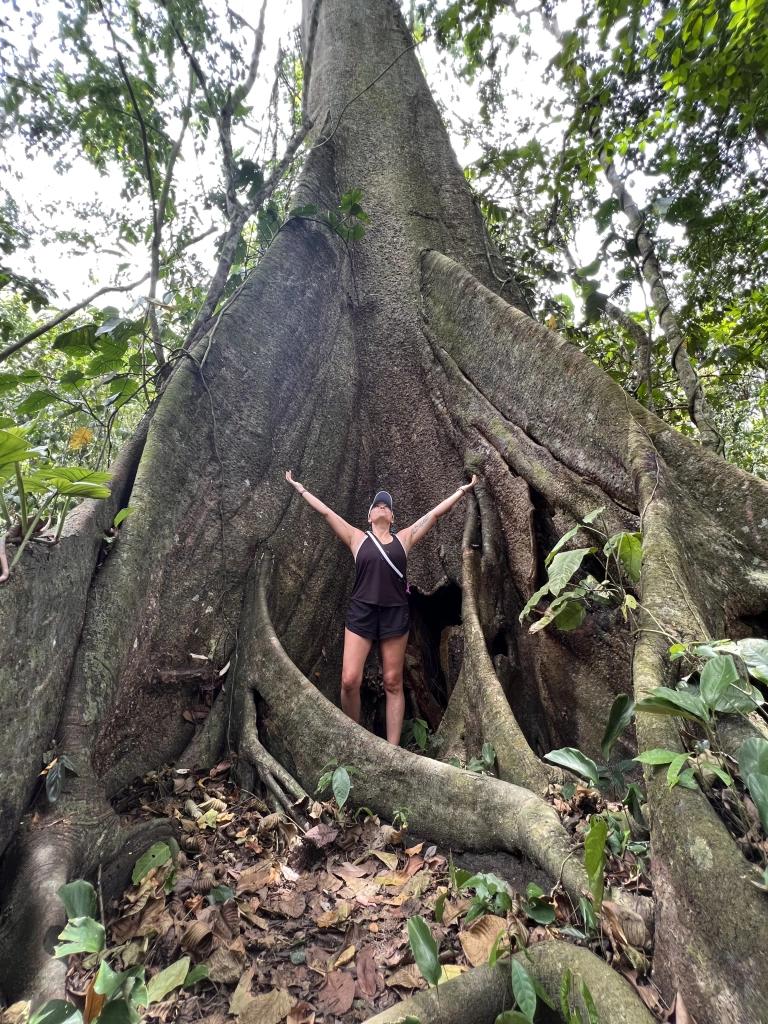
As I continue to navigate this journey of healing and self-discovery, I embrace each moment with gratitude, knowing that with each step forward, I inch closer to wholeness.
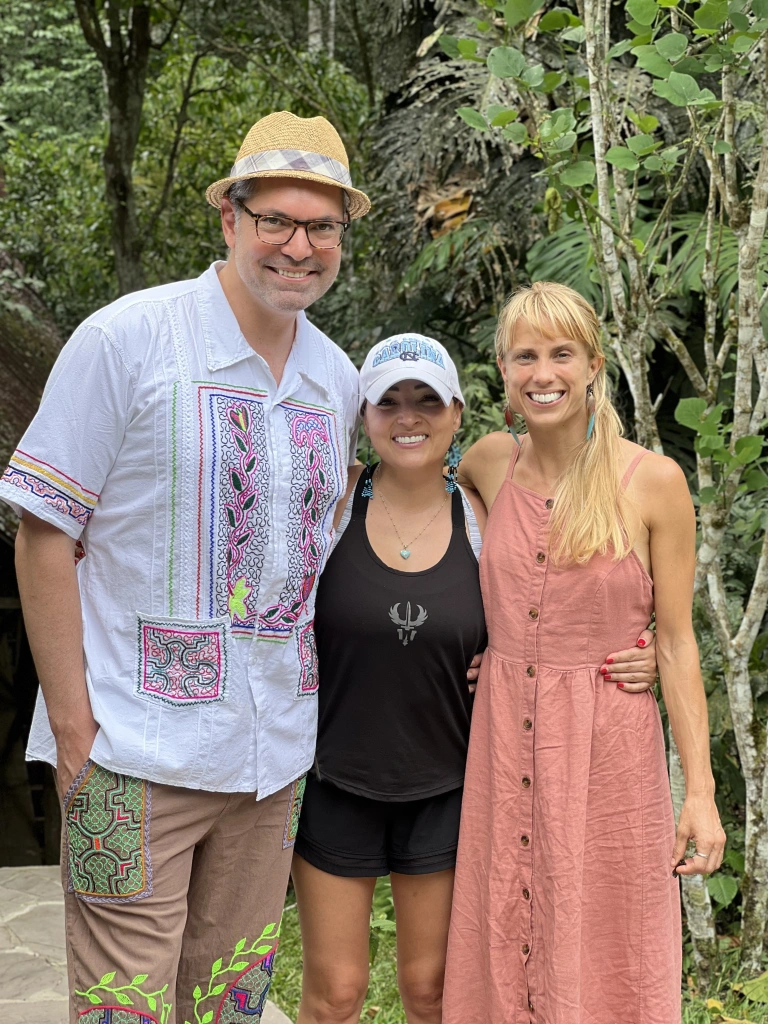
To my fellow La Medicina battle buddies, our time together in Peru was nothing short of extraordinary. The experiences we shared, the challenges we overcame, and the profound healing we underwent together have left an indelible mark on my soul. It was an honor and a privilege to have such brave and resilient companions by my side throughout this journey.
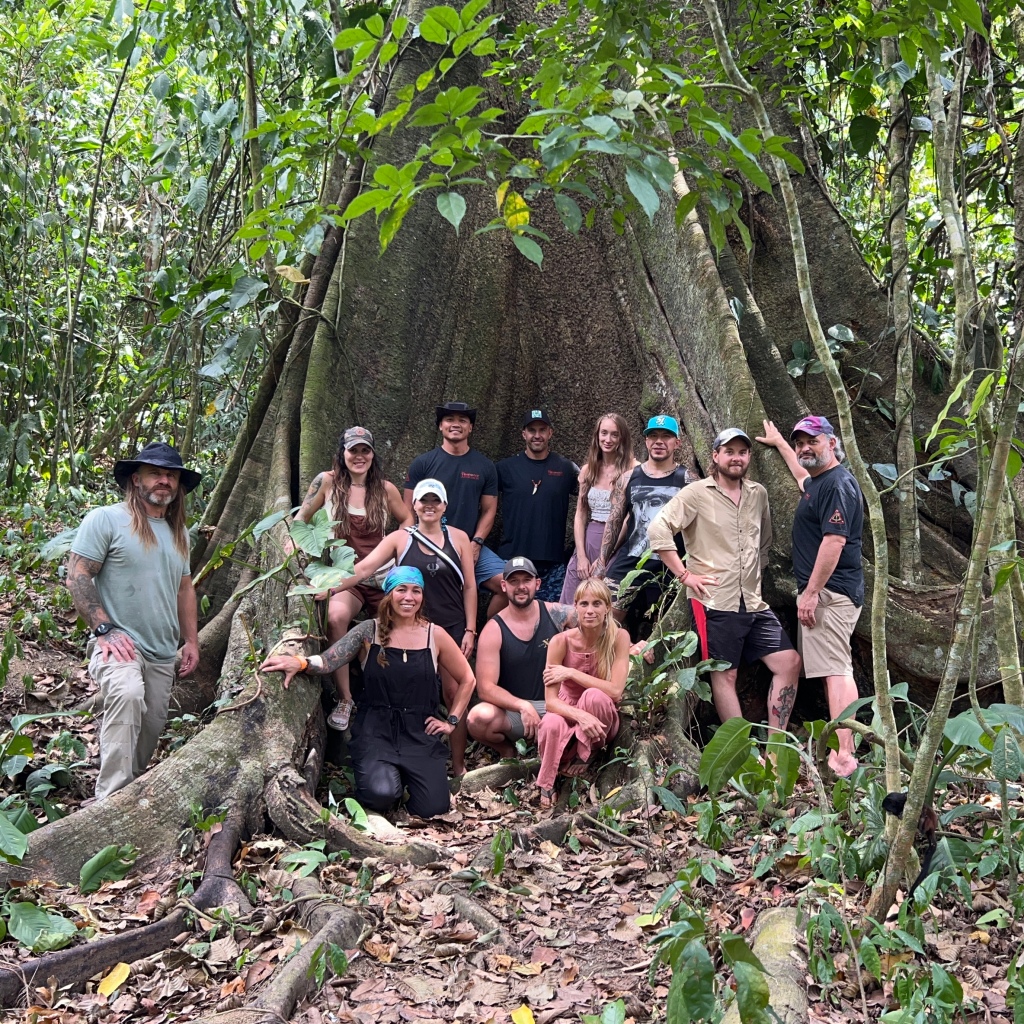
Through laughter, tears, and moments of profound insight, we supported each other every step of the way, forming bonds that transcend words. The strength and resilience displayed by each of you reminded me of the incredible power of the human spirit to overcome adversity and emerge stronger on the other side.
As we return to our lives, may we carry the lessons and insights gained from our time in Peru with us, allowing them to guide us on our continued path of growth and self-discovery. And may our bonds of friendship and camaraderie remain steadfast, serving as a source of strength and support in the days and years to come.
